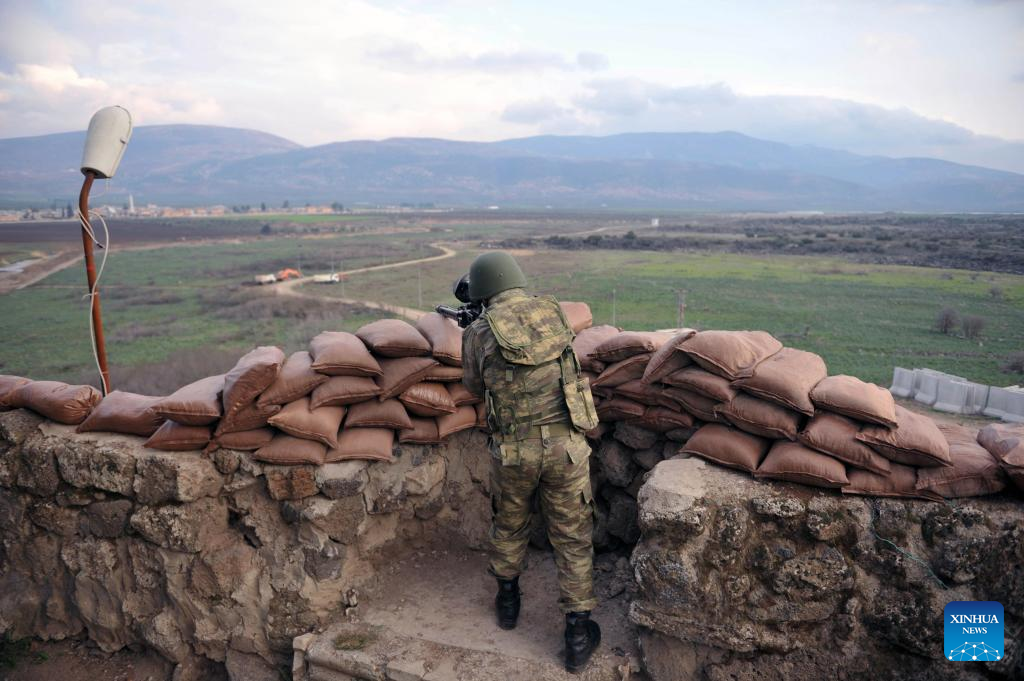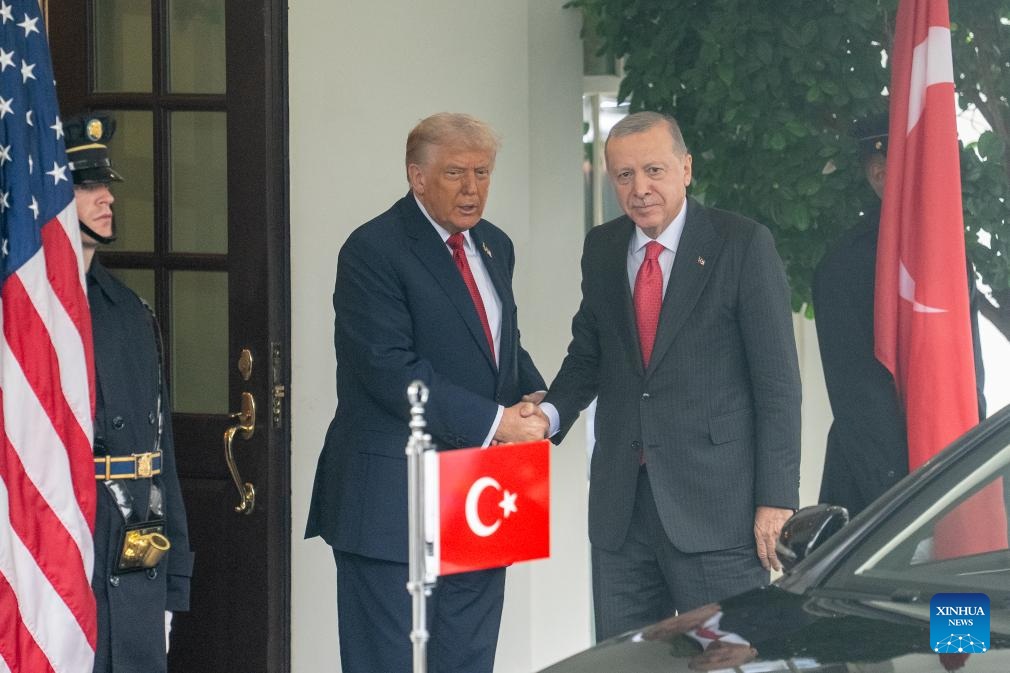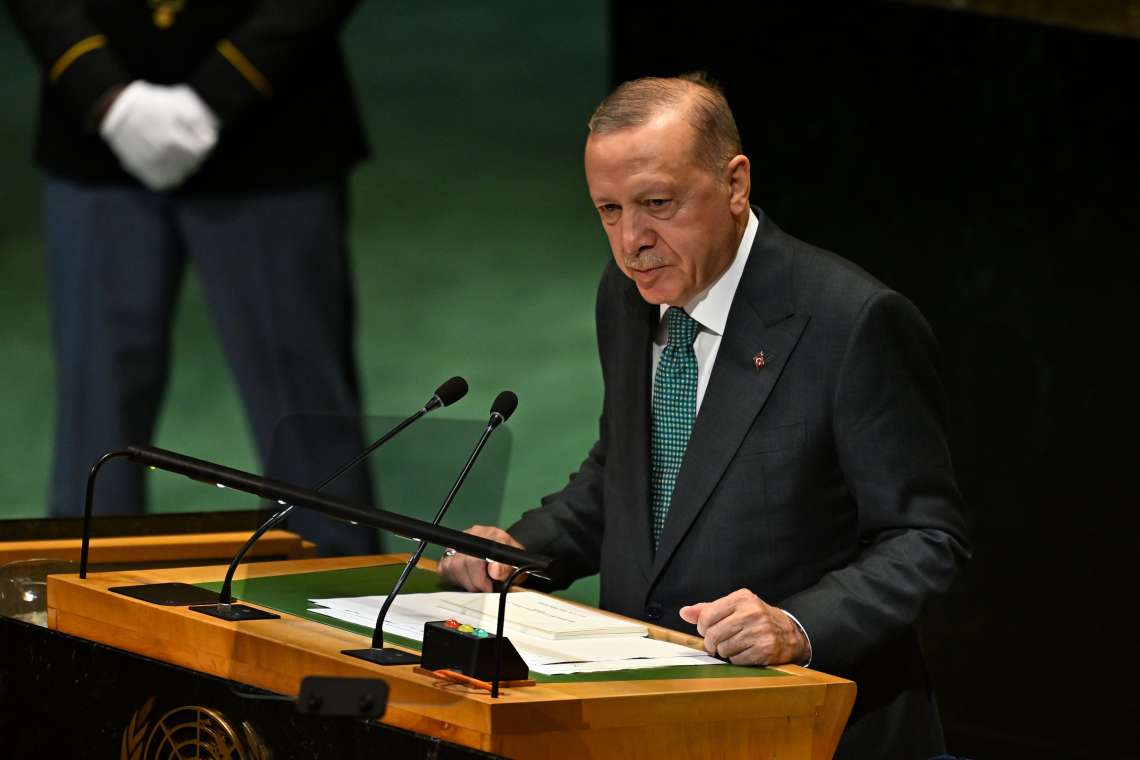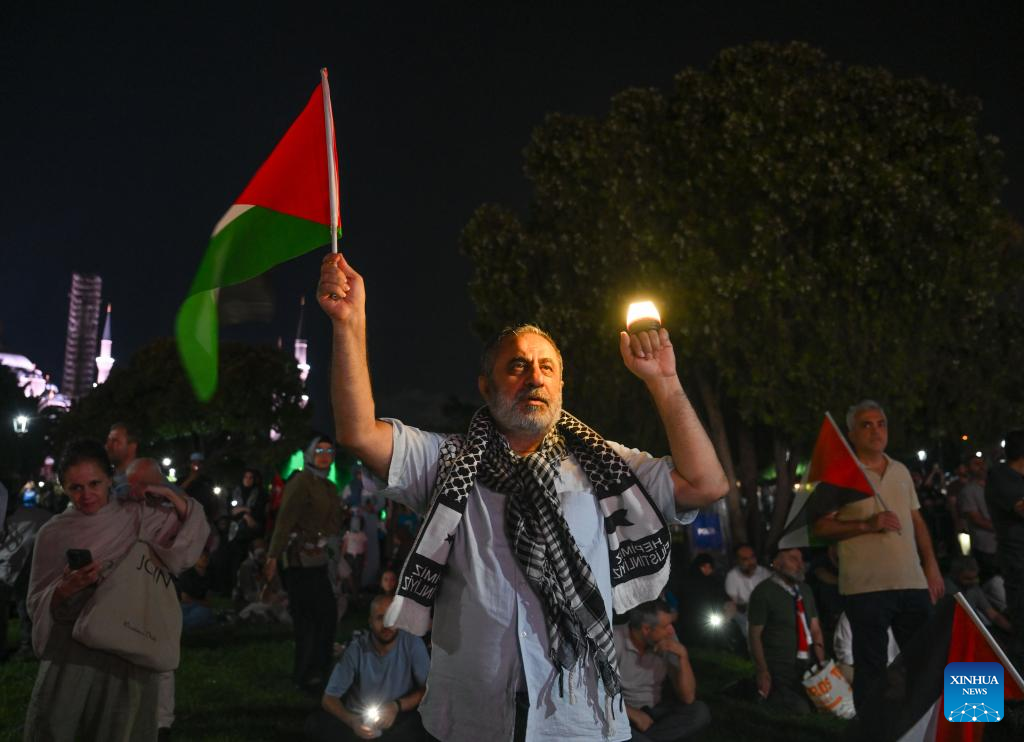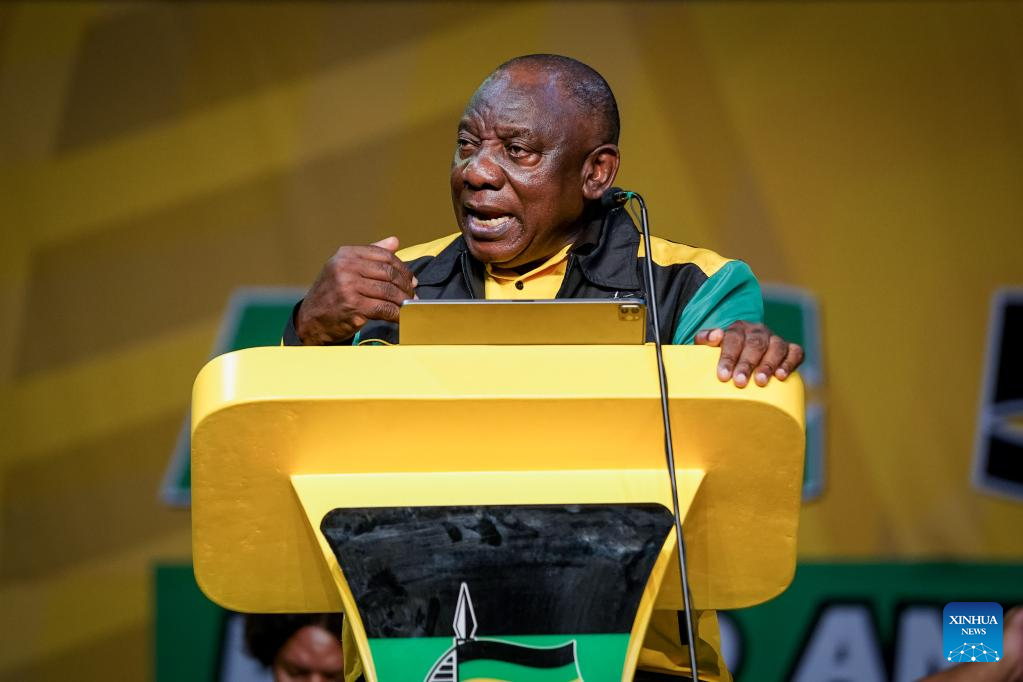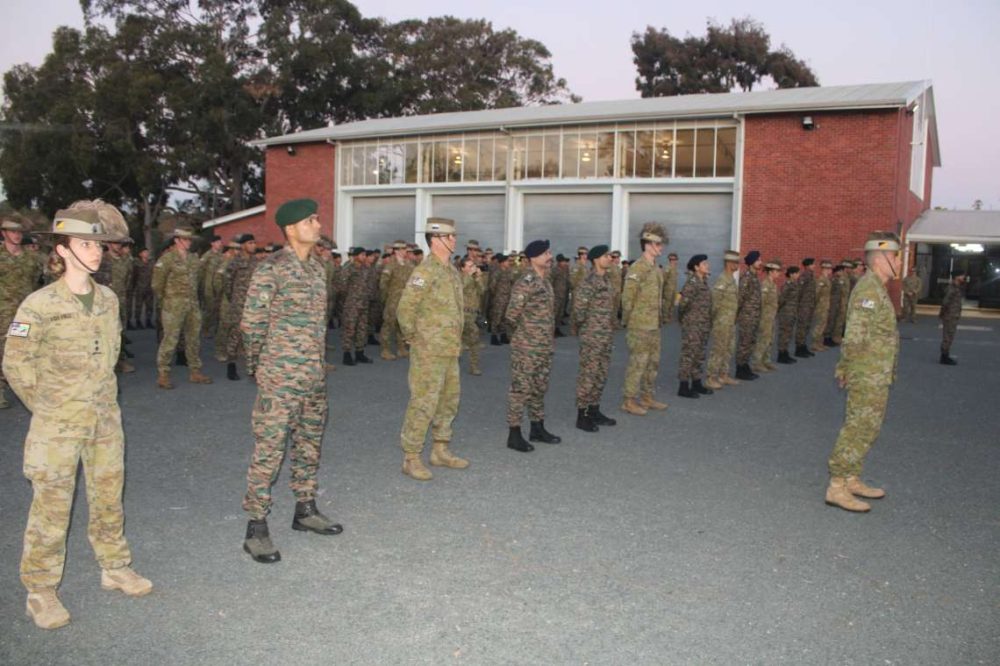Türkiye’s pending offensive in Syria faces opposition from U.S., Russia … writes Burak Akinci for Xinhua
Türkiye would launch a land offensive in northern Syria against Kurdish militants “at any time,” despite opposition from Russia and Türkiye’s NATO ally the United States, Turkish experts said.
Turkish President Recep Tayyip Erdogan has been threatening a new ground offensive in Syria for months, and its artillery and air campaign in the region has accelerated after a bombing in Istanbul killed six people in November.
Türkiye blamed the outlawed Kurdistan Worker’s Party (PKK) and its Syrian affiliates of the People’s Protection Units (YPG) for this attack.
Turkey sees the Kurdish forces along its border with Syria as a threat and has launched three major military operations since 2016, taking control of large swaths of territory.
The United States and Russia, both of which have a military presence in northern Syria, are putting diplomatic pressure on Ankara not to launch a new military campaign.
According to analysts, pressures exerted by Washington and Moscow would not stop Erdogan from authorizing a military response on the ground.
“If Türkiye is a sovereign state, Türkiye will make this decision, and other countries can put pressure or offer alternatives but in the end, Türkiye is the sole decision maker on this issue,” foreign and defense policies expert Ozgur Eksi told Xinhua.
Eksi, editor-in-chief of TurDef defense magazine, criticized both Russia and the United States for acting against Ankara’s security interests in northern Syria.
“This region is Türkiye’s border region, and it is located thousands of kilometers from America and also Russia,” he said.
The U.S. Department of Defense urged Türkiye to stand down on its plan to conduct an offensive into Syria as U.S. officials warned that the operation could endanger U.S. troops in the country.
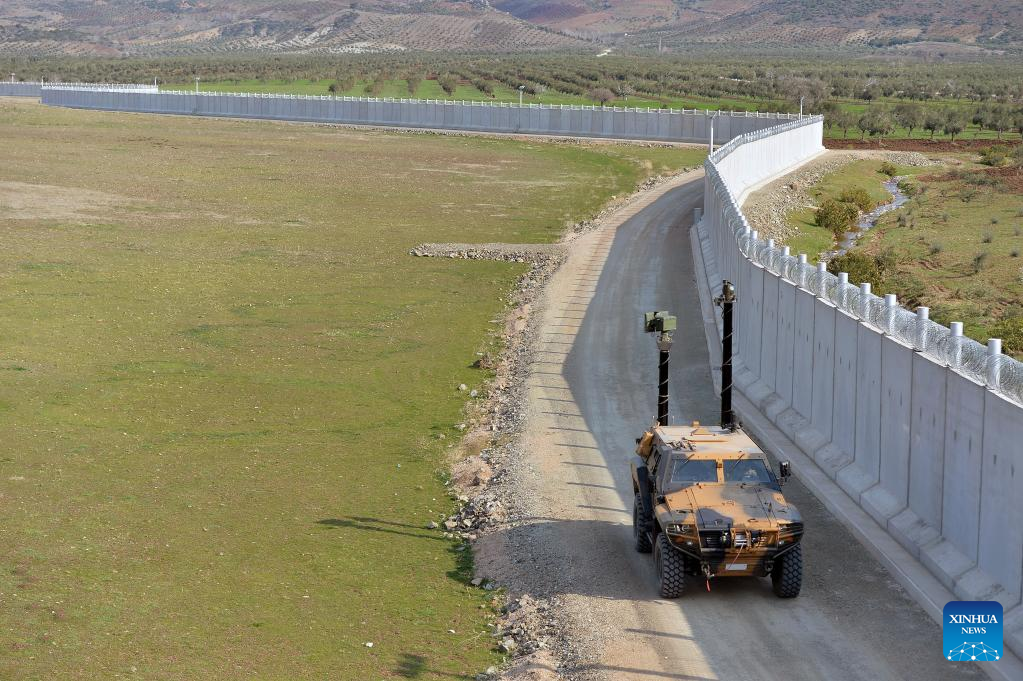
Eksi stressed that while being members of the Western defense alliance, Ankara and Washington have conflicting interests in Syria.
“Many elements in Syria that Türkiye considers as a threat to its security are viewed as friends and allies (by the U.S.),” he said, in reference to the YPG.
On Sunday, Erdogan told Russian President Vladimir Putin that it was imperative for Türkiye to “clear” Kurdish forces from northern Syria, his office said in a statement. An agreement reached in 2019 between Moscow and Ankara pledged to set up a 30-km “safe zone” to protect Türkiye against cross-border attacks from Syrian territory.
Some Kurdish forces are stationed in areas under Russian military control while others have been fighting with the United States against the Islamic State.
Experts say that Turkiye is still pursuing its aim of establishing a 30-km security corridor.
“Türkiye has the right to conduct activities and operations to safeguard its borders,” Eksi argued.
Oytun Orhan, coordinator for Levant Studies at Ankara’s Center for Middle Eastern Strategic Studies, echoed Eksi’s remarks.
“Türkiye intends to establish that zone. But for it to happen, there is a need to conduct a ground operation,” he said.
He believes neither the United States nor Russia is in a position to raise objections to Ankara’s legitimate concerns to protect its citizens, especially after the Istanbul attack that targeted civilians in a popular commercial hotspot. But the analyst also raised the prospect of higher military risks if a ground operation is to be conducted by Ankara, including the risk of two NATO allies clashing on the ground.
A Turkish source close to the government said on the condition of anonymity that an operation into Syria could be set in motion “at any time.”
“What is Türkiye waiting for? Türkiye should immediately respond to U.S. pressures by launching a large-scale operation against terrorist targets in northern Syria,” a former army general and author Naim Baburoglu said on private broadcaster Haberturk.
“Conditions at the Syrian border are still favorable for a ground offensive, and Türkiye can seize the opportunity to do so immediately … Otherwise, the next window of opportunity for an operation is in April-May,” Eksi added.


